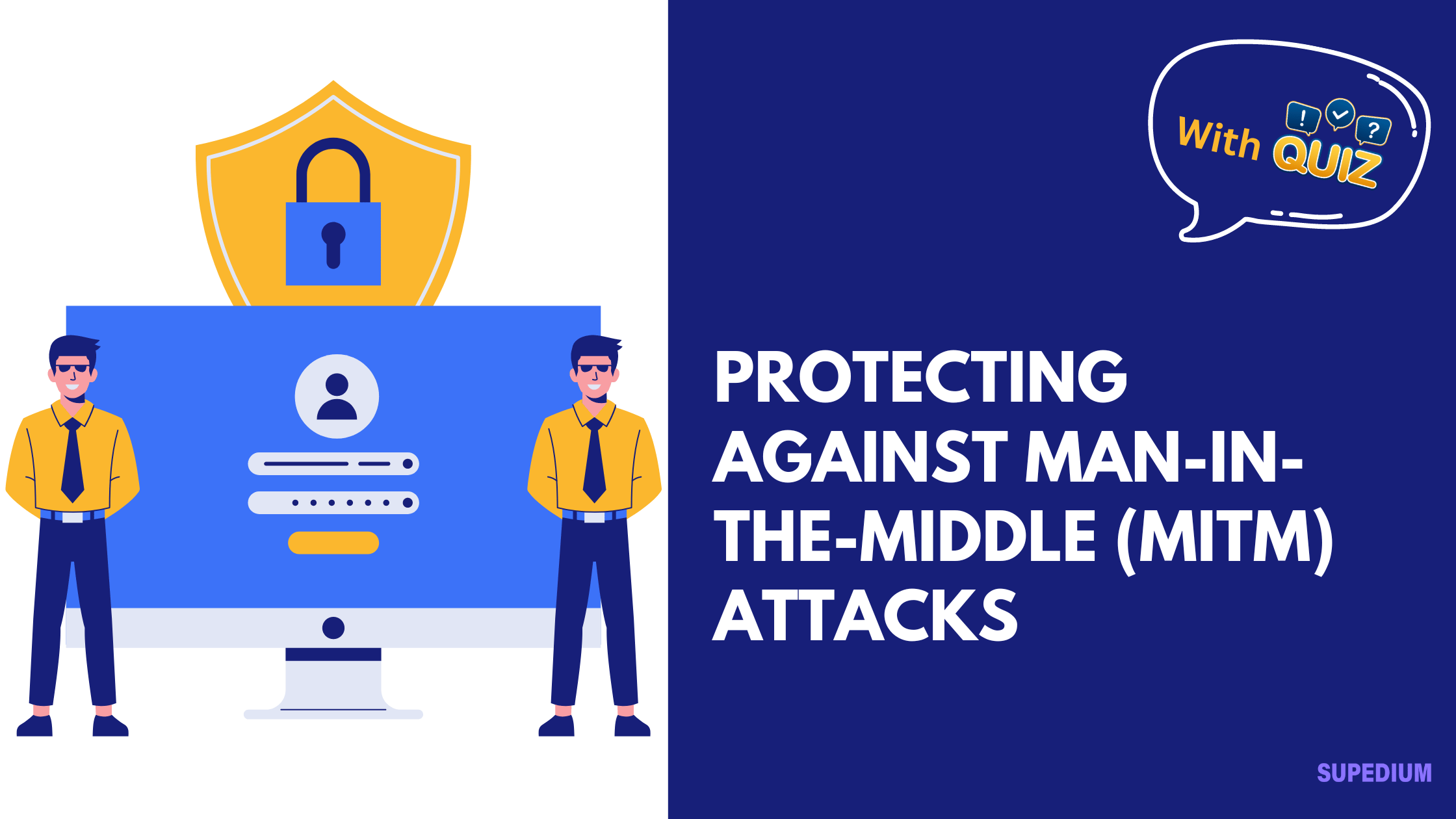Table of Contents
![]()
CIS Tax
The Construction Industry Scheme is a way by which an individual or a company can gain tax relief. It also provides opportunities for training and helps the companies to grow. If you have already enlisted as a tax-paying contractor, you can apply online for the scheme or to check a subcontractor’s history. Similarly, if you are a construction worker you must sign up for the scheme as both categories if you belong to either category. The main aim of the scheme is to help the in-house employees to pay less tax.
Register With the CIS
As an eligible contractor, you are entitled to certain benefits such as deduction of tax on paid time off and also deductions on insurance premiums. You are required to register with the CIS and also keep updated with the prescribed monthly payments of tax. The construction contractor category also includes a supervisor and sub-contractor. As the supervisor and sub-contractor, you are liable to provide support and guidance to the project leader, and you are entitled to certain benefits and deductions.
Residents of UK
However, there is a limit on the number of people who can be registered with the scheme at one time. This is equivalent to about 200 contractors and all of them have to be registered. There is no age limit and the employees have to be residents of the UK for the stipulated period within which they are required to register. For those contractors who are residents of Ireland, they have to register with the designated authority in Ireland. It is important to note that all construction work performed by workers within the scheme is done under the supervision of a designated person.
Late Registration
If any subcontractors are not registered, there are provisions provided for their inclusion in the register but the individuals cannot enjoy the benefit of the scheme till their registration with the scheme is verified by the authorities. One such provision is the inclusion of the income and expense account of the subcontractors. The income account comprises all the expenses that are incurred by the contractors for the construction work and any subsequent distribution. The expenses are itemized and are included in the monthly returns of the contractors for the same month.
Amount of Tax-Deductible
The second provision of the construction industry scheme of IRS is that the amount of tax-deductible can be increased only after attaining the age of 50. There are provisions for increasing the deduction when one gets married or starts a business. A contractor cannot claim the deduction just because his wife or he is the mother of a child. Even when one is self-employed, he has to pay tax to the IRS and not the State government.
A part of the monthly payments that are paid to the contractors can be deducted as ordinary income by the IRS. The payments to the subcontractor do not have to be included in the list and the contractors have to make separate claims for the amounts that have been deducted. Any payments over and above the reasonable earnings that are obtained through the use of a regular system of payment can be claimed as an income tax deduction by the contractor. The contractor has to ensure that the CIS covers the payments by claiming the proper deduction.
Claim the Tax Benefits
An important provision of the construction industry scheme of IRS is that the contractor must register with the Department of Business Administration to claim the tax benefits. Certain details must be filled up by the contractor and the forms have to be submitted along with the tax return. The contractor must also mention all the various companies or firms that he has employed to undertake the building work and all the amounts that have been paid to them. The companies or firms that are mentioned must be paid on time. Only after the registration of the contractor can the company claim the tax benefits.
In Short
the important provision of the construction tax scheme of IRS is that it allows the contractors to claim credits against the withheld tax for work that is put to them by the subcontractors. In this regard, if there is an agreement between the contractor and the subcontractor for the performance of any work, the contractors have to take care that no unjustifiable deduction is made. In case of any such agreement, the contractor needs to provide proof of the award by the subcontractor company. The tax benefits are then given to the contractor. However, this scheme is quite strict and contractors need to ensure that they submit all the necessary documents to the government authorities.
Share This




Be the first to comment